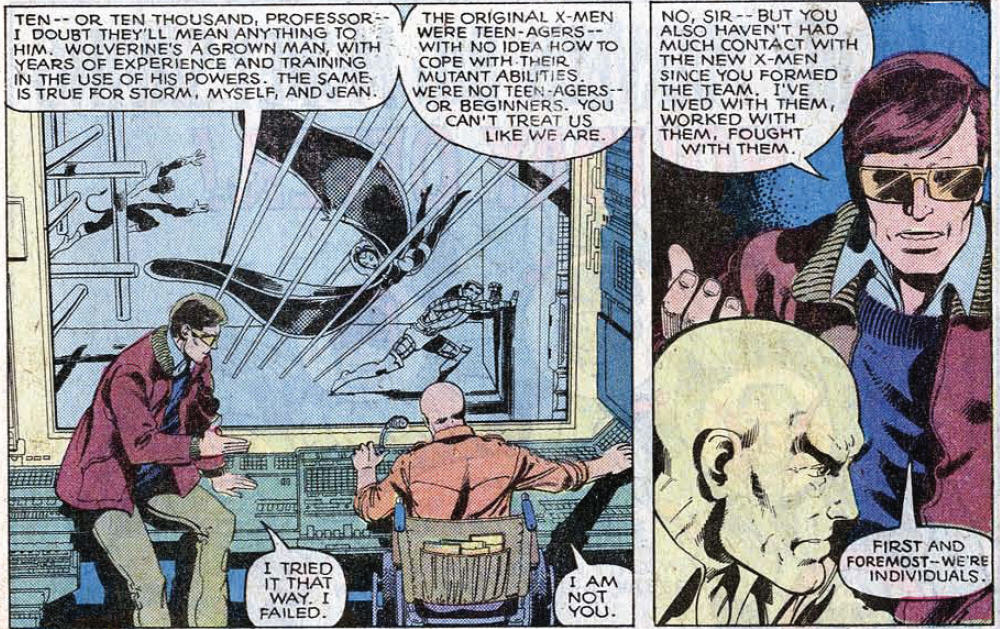I'd say the difference is that so many folks still consider the epitome of Spider-Man to be the Lee/Ditko/Romita stuff, where he was a teenager or close to one.
Spidey was already in college when Romita took over. His high school phase was less than 30 issues, a tiny slice of the whole. Iconic characters like Gwen, MJ, and Harry and Norman Osborn weren't introduced until Peter's college years.
I don't think people started seeing Spidey's high school years as "definitive" until the Raimi movie revisited them. Before then, every screen adaptation aside from the 1960s animated series depicted Peter as college-aged at least. The prose novels I'm aware of reflected wherever he was in the comics' present, usually post-college.

 Like with anything it's all about the execution. The character's ages are irrelevant
Like with anything it's all about the execution. The character's ages are irrelevant
